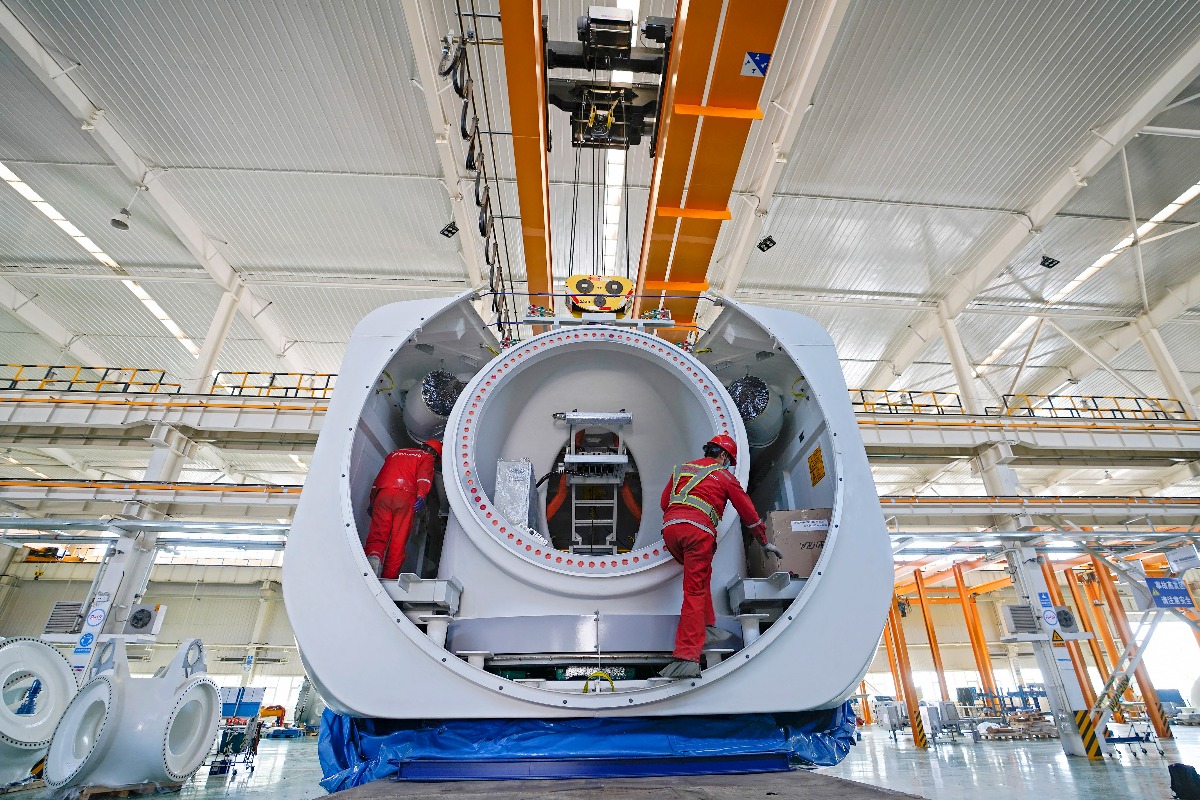„Xinjiang is resource-rich, but such an advantage is no longer sufficient to support the region's quality development. The region must focus on developing high-tech industries, such as microchips”, Xing said in an exclusive interview with China Daily. „More important, while the region modernizes its development path, the mindset of Xinjiang officials also must be adapted to new demands”.
Ma also said that the region will push for a higher level of opening-up and implement a more proactive opening-up strategy. Furthermore, as a core area of the Silk Road Economic Belt, it will continue to boost development in economic zones and areas surrounding land ports as well as deepen cooperation with neighboring countries.
Xinjiang, which borders eight countries, was an important trade hub on the ancient Silk Road connecting China with Eurasian countries. Since President Xi Jinping proposed the Belt and Road Initiative in 2013, the region has made significant progress in functioning as the core area in the Silk Road Economic Belt, Xing said, thanks to transportation infrastructure that was significantly improved in the past decade. Most of the China-Europe freight trains exit China via land ports in Xinjiang and the efficiency has been greatly improved, he said.

